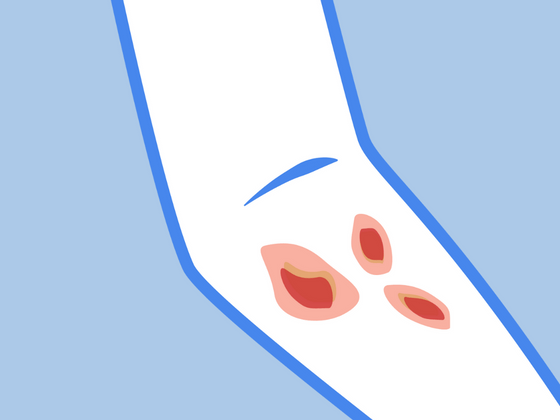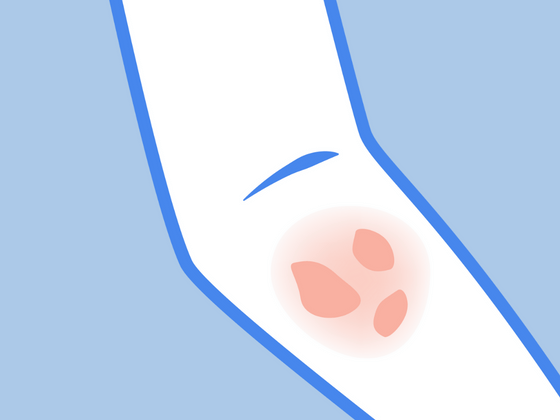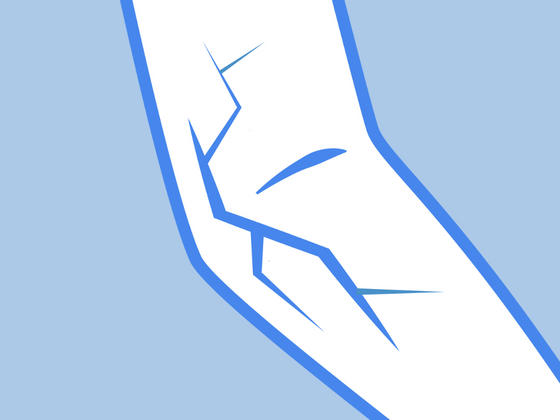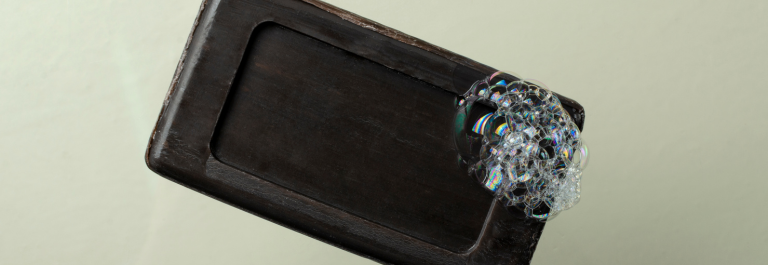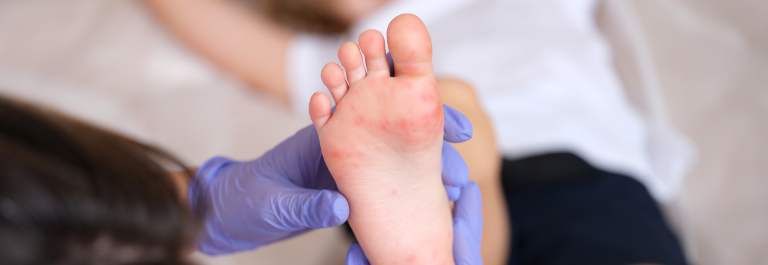Paget's disease and eczema are two conditions that affect the skin of the breast. Although often misdiagnosed as each other, Paget's disease and breast eczema are very different conditions. Eczema is a common skin condition affecting more than 31 million people in the United States. In contrast, Paget's disease is a rare form of cancer, accounting for only 0.5 to 5% of breast cancer cases.
In this blog, we will cover everything you need to know about:
-
How the symptoms of Paget's disease differ from the symptoms of eczema
-
How Paget's disease is treated
-
Natural treatments for breast eczema
Read on to learn more about the difference between Paget's disease and eczema and how to treat eczema on the breast naturally.
What is Paget's Disease?
Paget's disease is a rare type of breast cancer, sometimes also known as mammary Paget's disease, Paget disease, or Paget's disease of the breast. It typically presents itself with eczema-like changes to the skin of the nipple and areola, which is why doctors sometimes initially misdiagnose Paget's disease as eczema.
What Causes Paget's Disease?
Doctors believe there are two main theories of how Paget's disease develops. The first theory is that a type of cancer cell, known as Paget's cells, breaks off from a larger tumor somewhere deeper inside the breast and travels through the milk ducts where it meets the nipple, and symptoms begin to occur. In 80% to 90% of cases, Paget's disease occurs alongside other cancers; most commonly, Paget's disease occurs due to an underlying ductal carcinoma, an invasive breast cancer.
The second theory is that Paget's disease develops in a separate, spontaneous process that starts in the outer layer of skin on the nipple and is unrelated to other cancers.
Factors like a personal or family history of breast cancer or exposure to a high dose of radiation can also pose an increased risk of breast cancer like Paget's disease.
Symptoms of Paget's Disease
-
half of people with Paget disease have a lump behind the nipple
-
itching, tingling, or burning sensation
-
redness or discoloration/ darker skin surrounding the nipple
-
flaking, crusty, or thickened skin
-
nipple flattening
-
yellowish or bloody nipple discharge
-
an inverted or flattened nipple
-
red, scaly rash on the nipple and areola
-
small bumps on the nipple and areola
-
sore, inflamed, dry skin
-
ulcerated nipple
-
general pain
Is it Paget's Disease or Eczema?
Eczema or atopic dermatitis may cause similar skin changes to those listed above, but it is not cancerous and does not cause a lump under the skin. It is also important to note that Paget's disease only affects the skin of the nipple, not the breast.
Although nipple eczema sometimes occurs, it is best that anyone who notices changes in the skin surrounding the nipple contacts their doctor as soon as possible rather than assume it is eczema.
Additionally, Paget's disease usually affects only one breast, whereas eczema can affect both breasts and other parts of the body.
Once you have been referred to a specialist, diagnosing Paget's disease of the breast often involves a physical exam and several imaging tests before a final breast biopsy to confirm the diagnosis.
Natural Treatments for Breast Eczema
If you are suffering from dry, rough skin, discoloration, itchiness, and inflammation of your breasts, you could have breast eczema and may benefit from the soothing qualities of our range of natural products.
Starting in the shower, it is important when dealing with eczema on a sensitive area like the breasts that you choose a gentle eczema soap that will soothe discomfort and not aggravate your skin. Your sensitive skin will love our super moisturizing Coconut and Sunflower Oil Soap Bar containing only three natural ingredients: antibacterial coconut oil, vitamin-rich sunflower oil, and healing shea butter, making it the perfect nourishing soap to use on even the most fragile skin.
For when you're out of the shower, we recommend the Emily Skin Soother for Itchy Eczema, a calming and effective treatment for itchy, dry and sensitive skin. This treatment contains three Chinese herbs in a base of olive oil and beeswax and helps your skin to form a protective barrier while soothing the uncomfortable symptoms of eczema on the breast.
Undergarments
Wearing a bra that is too tight along the skin can be uncomfortable and exacerbate existing eczema symptoms like dryness and irritation. The Remedywear™ Hypoallergenic Bra is designed with your comfort in mind, embedded with anti-bacterial and anti-inflammatory Zinc Oxide and featuring a latex-free elastic band at the bra line, this bra provides basic support and great relief from the symptoms of breast and nipple eczema or allergies.
We know that swapping your favorite bra for an eczema-friendly alternative isn't ideal, but with our 100% Organic Cotton Bra Liner you don't have to. This hypoallergenic bra liner is underwire-free and designed to be lightweight and non-restrictive, meaning it can be worn alone for minimal support or under your favorite bra for discrete eczema protection.
Important to Note...
-
Due to the similarity in symptoms between Paget's disease and other skin conditions, it is important to not self-diagnose rashes that appear on the breast and seek medical advice as soon as possible!
-
Talk to your doctor about screening for different breast cancers and decide what screening strategies are right for you.
-
Stay breast-aware! Regularly self-examine your breasts and report any changes promptly to your doctor.
Pay Attention to the Changes in Your Skin Today
We know that telling the difference between skin conditions can be challenging. Follow these tips to help you identify the difference in symptoms between Paget's disease and eczema, and keep on top of your skin health today!

